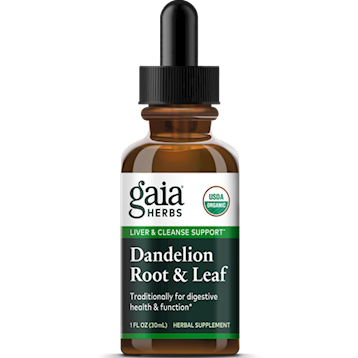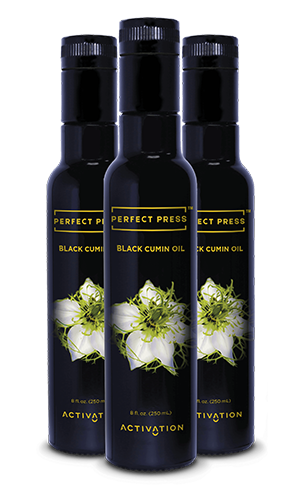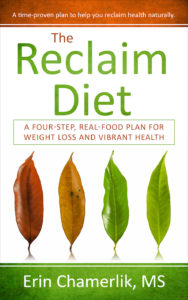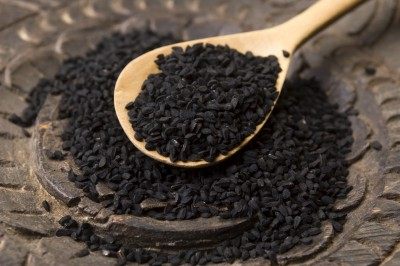
Black Seed and Dandelion Leaf Extract Block Spike Protein from Binding to ACE-2 Receptors
Study title: Common dandelion (Taraxacum officinale) efficiently blocks the interaction between ACE2 cell surface receptor and SARS-CoV-2 spike protein D614, mutants D614G, N501Y, K417N and E484K in vitro https://doi.org/10.1101/2021.03.19.435959
March 2021 research was conducted using water-based extracts from dandelion plant leaves. Researchers found that leaf extracts efficiently blocked spike protein or its mutant forms from binding to the ACE2 cell surface receptors in human lung and kidney cells
The water-based dandelion extract, taken from the plant’s dried leaves, was effective against spike protein D614 and a host of mutant strains, including D614G, N501Y, K417N and E484K
Dandelion root components exhibit anti-oxidative and antiplatelet action
“Dandelion (Taraxacum officinale L.) has a long history as medicinal plant, presently, all of its organs (roots, leaves, and flowers) are used to produce commercially available dietary supplements and pharmacological preparations (capsules, syrups, herbal teas and alcoholic juices) that are mainly recommended to treat liver, gallbladder and kidney disorders, digestive ailments, and arthritic and rheumatic diseases (cleansing effect) (Schütz, Carle, & Schieber, 2006). In addition, the strengthening and protective effect against free radicals of the entire dandelion is indicated, as well as the anti-cancer effect of the dandelion roots (Mingarro et al., 2015).
Some food products, such as garlic, ginger, dark chocolate, onion, tomato, and red wine have been demonstrated to possess the ability to reduce platelet aggregation(Bradley, 2014, Olas, 2017). Their anti-platelet property has been linked to the high content of bioactive compounds, mainly polyphenols, and poly-unsaturated fatty acids.
One of the key findings of our study is a demonstration of the anti-adhesive property of dandelion constituents, both phenolic and non-phenolic, in an experimental system of isolated washed blood platelets stimulated by agonists (ADP and thrombin) in the presence of two adhesive proteins – collagen and fibrinogen.” Study
Dandelion Root & Leaf Extract
Dandelion is mostly known as a backyard weed, but it has amazing nutrient qualities and health supporting properties. It has been used for thousands of years by many native cultures in herbal remedies.
• Dandelion is a natural superfood as all parts of the plant can be eaten.
• Traditionally for digestive health and function support.
• Popular amongst foodies and all those who occasionally overdo it with food and drink.
Adults take 30-40 drops of Dandelion Root & Leaf in a small amount of water 3 times daily between meals. Not for use during pregnancy or lactation.
Dandelion Leaf
Botanical Name: Taraxacum officinale Origin: USA
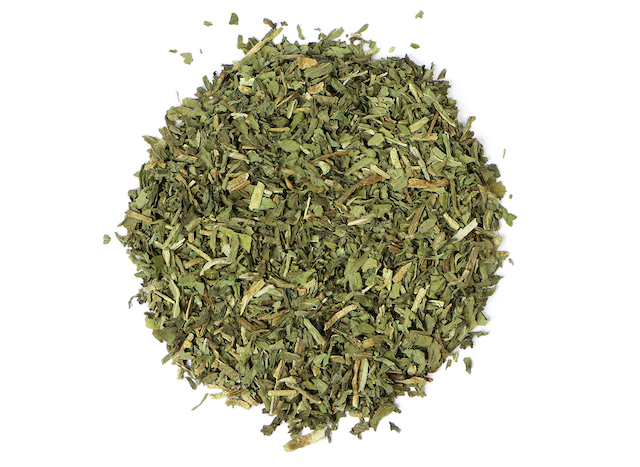
Dandelion was traditionally used in many systems of medicine to support digestive and gastrointestinal health.* Additionally, dandelion was traditionally used to support liver health, healthy urinary funtion and has mild diuretic action.*
How to Make Dandelion Tea
- Steep 1 Tbs. of roots, leaves, or flowers in 6 ounces of very hot (not boiling) water for 15 minutes
- Strain the roots, leaves, and flowers
- Drink 1-2 cups a day
Nigella sativa, (black seed or black cumin)

Jumpstart the immune system to fight on your behalf,and increase natural killer cells
How to prepare and use the seeds: Lightly toast organic seeds for a few minutes in a warm pan. Grind in a coffee bean grinder and take 1/4 tsp or more in a smoothie or on food twice a day.
Black cumin, Nigella sativa, has been shown in science to have “antiviral, antioxidant, anti-inflammatory, immunomodulatory, bronchodilatory, antihistaminic, antitussive activities related to causative organism and signs and symptoms of (xxx).” [source]
Black cumin “can establish a balanced inflammatory response by suppressing chronic inflammation and promoting healthy immune response. The essential oil and other preparations of N. sativa seed have substantial therapeutic outcomes against immune disturbance, autophagy dysfunction, oxidative stress, ischemia, inflammation, in several (xxx) comorbidities such as diabetes, cardiovascular disorders, Kawasaki‐like diseases, and many bacterial and viral infections. [source]
Nigella sativa, also known as black seed or black cumin, binds to ACE2 receptors in the lungs, potentially stopping spike protein particles from inducing inflammation and vascular damage.
Nigellidine is a key-component of Nigella Sativa L. Another study reported, “It might have great protective role during post infective secondary disorder of the peripheral vasculature namely cardiac and renal systems. In most of the instances patients die due to this organ dysfunction/failure in xxx-VID-19 infection.”
How to use Black Cumin Oil
I have been using a high quality Black Cumin Oil from Activation – off and on for years for the numerous health benefits. I add 1/2 – 1.5 tsp of Black Cumin Oil to tea daily (dandelion leaf tea!). Start with a lower dose, and gradually increase.
In studies on rats and humans, black cumin seed oil has been found to do the following:
- Inhibit tumor growth by up to 50%
- Increase the growth of healthy bone marrow cells by 250%
- Aid in the production of natural interferon
- Demonstrate strong antibacterial and anti-inflammatory properties
- Help to protect the body against damage from chemotherapy and radiation
- Deactivate and/or kill certain types of cancer cells
There are many more reported benefits, read more here.
Also see Green Med Info’s article: https://www.greenmedinfo.com/blog/black-seed-remedy-everything-death
Recommended
-
Dandelion for Liver Support and Health BenefitsJuly 20th, 2024
-
Modified Citrus PectinJuly 11th, 2024
-
Bentonite Clay Mask for Face and ArmpitsJuly 8th, 2024
-
Two Supplements for Erectile DysfunctionJune 30th, 2024

